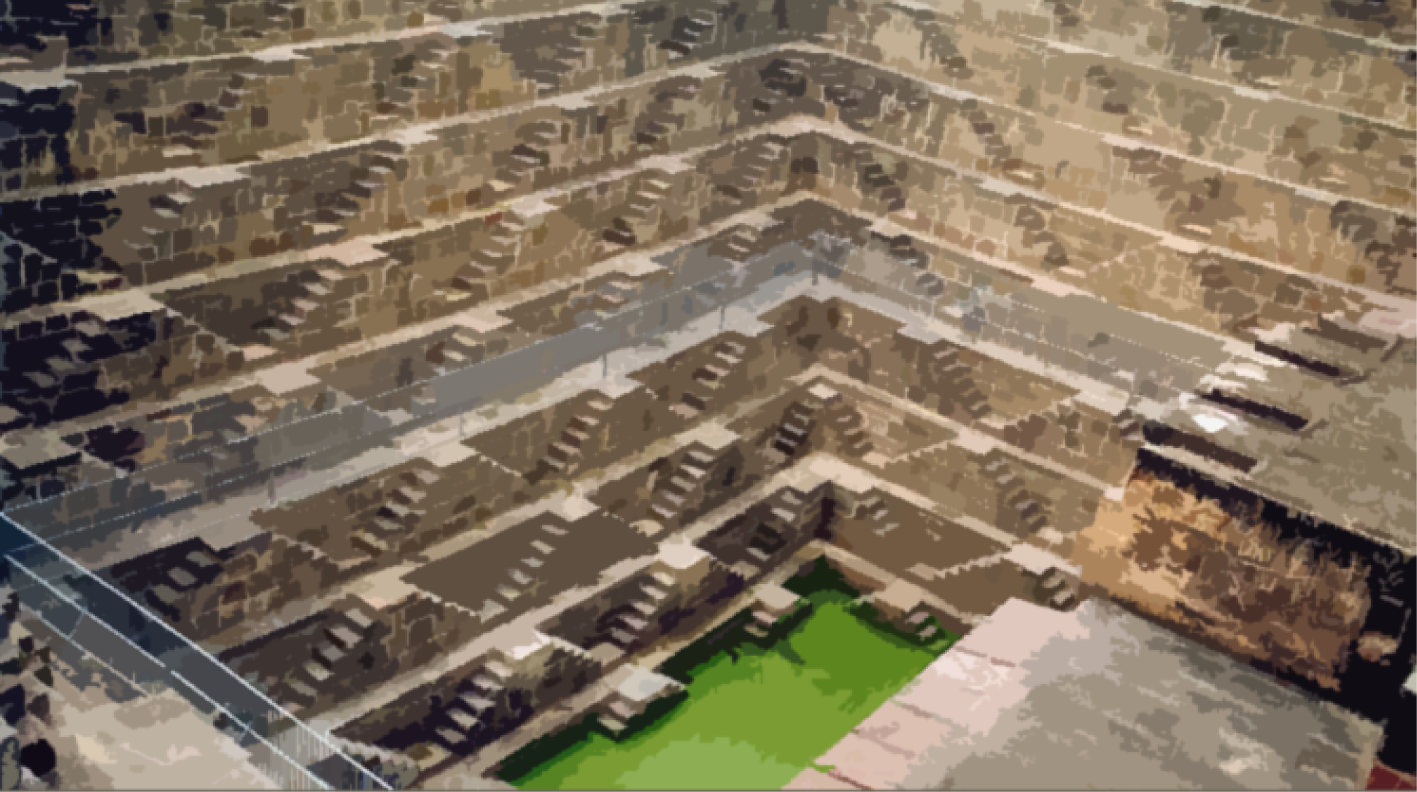As the coronavirus pandemic locked the largest populations of the world inside their homes, we deliberate about how life would be without much locomotion, now and in the future. Will we be able to come out of this unprecedented moment in history unchanged? We realize that the entire world is in an emergency, but what is the nature of this emergency about?
The ecological emergency
Last year, we witnessed a 16-year-old girl named Greta Thunberg lead the world’s biggest environmental movement in history. This Climate Change movement by millions of young children and adults across the world has raised awareness about the environmental degradation which we, as a society, have caused. With a billion animals dying in Australian forest fires, large parts of the jungle being burnt to dust, we are all beginning to acknowledge this emergency to be an ecological one. At a time when our boredom at home makes us think of new activities, the coronavirus is telling us to connect back with nature. It has taken a virus to show us that our economy, society, and polity is highly unsustainable. Modern science, as much it has contributed greatly to the evolution of humanity, has proven to lack sustainable ways of living and thinking.
Indic Science & Sustainability
Sustainable development has always had its roots in ancient science and philosophies emerging from civilizations like India. Indian civilization, one of the oldest civilizations, has strongly believed in being in harmony with nature. The Vedic, Jain, Buddhist and Kautilya’s Arthashastra established the principles of sustainability centuries ago.
Our literature, architecture, science, ways of life have always had a specific sensitivity towards nature, such that human life stays in symbiosis with the natural world where the earth is honored as a mother.
According to Atharvaveda, the earth is to be respected and protected like a mother “bhoomi mata putroham prithivyah”. In many parts of India, communities have inherited the rich tradition of love and reverence for nature through the ages.
In the coming time, solar is said to become the ultimate source of energy that regulates the flow of energy through the water chain, food chain and drives various other nutrient cycles and in this way establishes control over the earth’s ecosystem. Indic Civilization has had the philosophical foundations and a worldview where people think about nature before thinking about themselves.
This ecological harmony is possible when the entire universe is seen as a single largest family including all the living beings of the world. Vedic civilization realized this world view when they say, ‘vasudhaiva kutumbakam’. This worldview further developed in the Upanishadic age with a firm philosophical foundation through its cosmological unity and sustainability.
Rabindranath Tagore, in his essay, Tapovan writes “The culture of the forest has fuelled the culture of Indian society. The culture that has arisen from the forest has been influenced by the diverse processes of renewal of life, which are always at play in the forest, varying from species to species, from season to season, in sight, sound and smell. The unifying principle of life in diversity, of democratic pluralism, thus became the principle of Indian civilization.”
For example, Ayurveda is “the science of living to a ripe age”. The term ‘ayur’ implies that the ancient Indian doctor was concerned not only with curing the disease but also with promoting positive health and longevity. Ayurveda is rational in its approach to medicine. In place of the supernatural therapy (daiva viyaparaya) of the Vedic phase, it introduced rational therapy (yuktivyapasraya) to make the system logical and scientific. It sees the person as grounded in nature: a microcosm within the macrocosm. Diet, climate, soil, season, time and place are all factors with which to reckon.
Health, for Ayurveda, is more than what the doctors do; It is multi-dimensional: physical, mental, social and spiritual. It is a total life-style that carries one from cradle to grave.
In the times we are living through, Ayurveda not just offers a sustainable science for the future but a more comprehensive way of life to remain healthy physically, socially and spiritually.
As the ecological emergency, in its multiple forms, unfolds rapidly in front of us, the necessity to harp back upon ancient sciences for the sustainable evolution of humanity also increases. Can we reimagine a sustainable world grounded in ancient sciences? Can we become self-sustaining as an individual, family, community, nation and the world at large? This will depend upon those young ones who shall create a future they, as a collective, would want to inherit.
This article was originally published in one of the editions of The Plus magazine. Read here.

